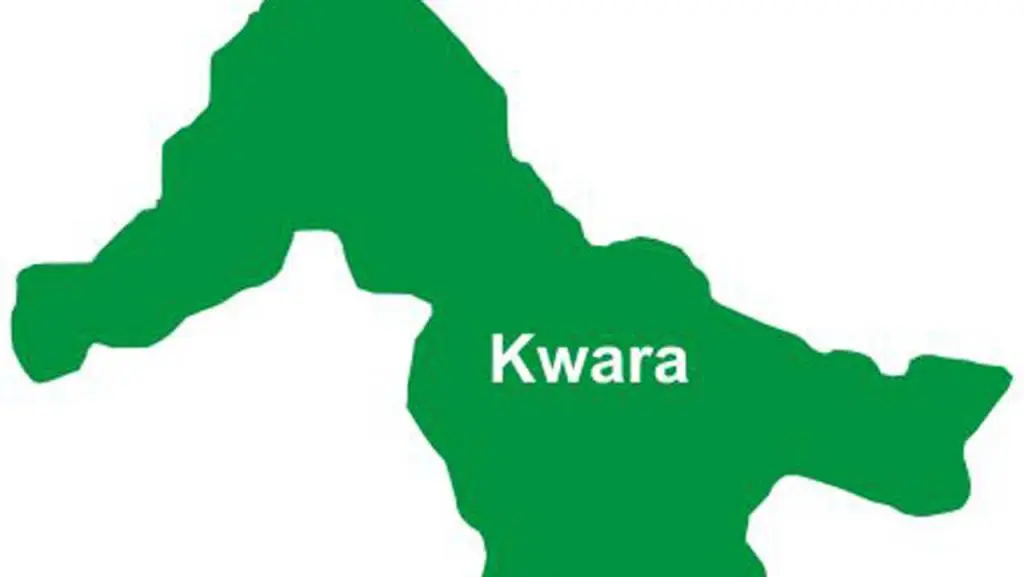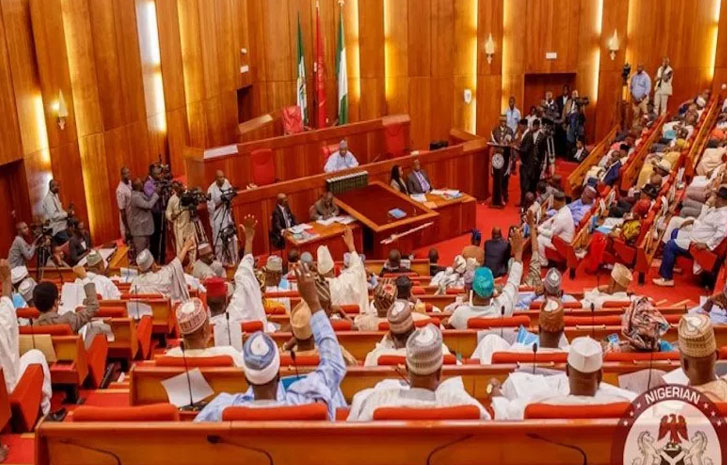Former presidential aide Laolu Akande has spoken out against the Senate leadership’s decision to prevent Senator Natasha Akpoti-Uduaghan from resuming work after completing her six-month suspension. In an interview with Channels Television, Akande described the move as “outrageous” and argued that it has escalated beyond a personal clash between Senate President Godswill Akpabio and Senator Akpoti-Uduaghan, now posing a threat to the Senate as a democratic institution.
The Senate had suspended Senator Akpoti-Uduaghan for six months, a decision that has been criticized as an overreach of power. Akande emphasized that the refusal to allow her to resume work after the suspension period is a direct attack on the democratic process. He stated that no group of lawmakers has the constitutional authority to override the decision of the people who elected Senator Akpoti-Uduaghan to represent them.
Akande also addressed claims that the Senate’s rule book permits such disciplinary measures, asserting that internal rules cannot supersede the authority of the electorate. He noted that the power of the voters is superior to any internal regulations, questioning the legitimacy of the Senate’s actions in preventing Senator Akpoti-Uduaghan from performing her duties.
The situation has sparked concerns about the integrity of Nigeria’s democratic institutions and the balance of power between elected representatives and the people they serve. The decision to block Senator Akpoti-Uduaghan’s return to work has significant implications for the representation of her constituents and the functioning of the Senate as a whole.
As the standoff continues, attention is focused on the next steps the Senate leadership will take and how this situation will be resolved. The outcome will have important implications for Nigeria’s democratic processes and the rights of elected representatives to fulfill their mandates. The incident highlights the need for clarity on the limits of parliamentary powers and the protection of democratic principles in the country.
![mercy johnson helps etinosa against ex husband death threats 'Mercy Johnson helped me when my ex-husband threatened me' - Etinosa [VIDEO]](https://mediatalkafrica.com/wp-content/uploads/2026/02/xMercy-Johnson-Helps-Etinosa-Against-Ex-Husband-Death-Threats-1024x535.jpg.pagespeed.ic.TUlXHbmSGH.jpg)


